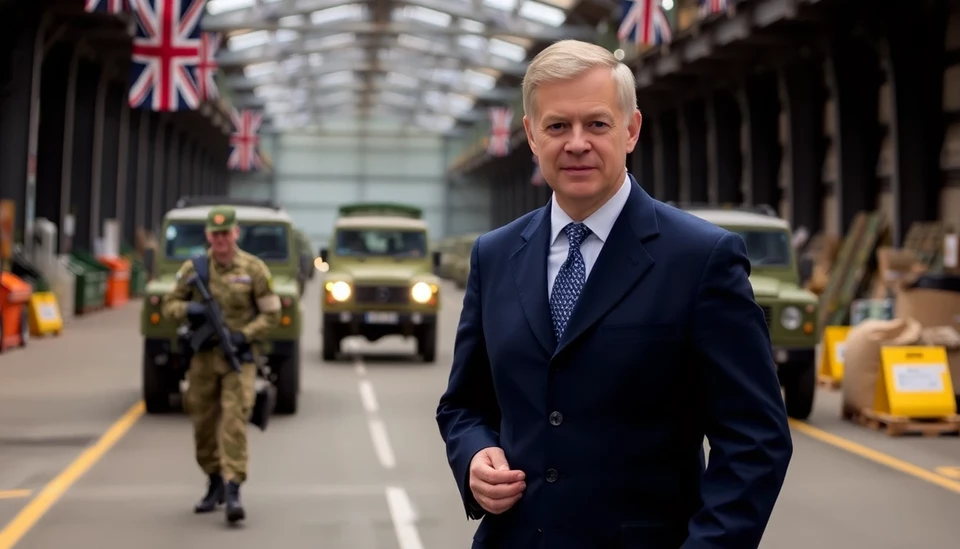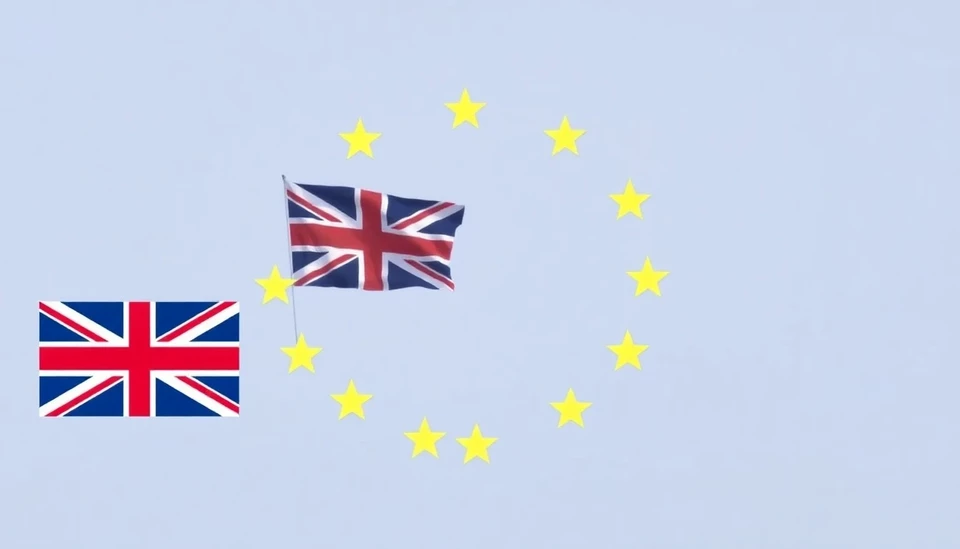
In a significant move to enhance its military capabilities, the United Kingdom is proactively working to fortify its military supply chain. This strategic initiative comes in anticipation of the government’s objective to elevate defense spending to 2.5% of GDP. As geopolitical tensions in various parts of the world continue to escalate, the UK is under pressure to ensure that its armed forces are well-equipped and prepared for any potential challenges that may arise.
Prime Minister Rishi Sunak emphasized the importance of this shift during a recent announcement, highlighting that the decision is not just a response to immediate threats, but also a long-term investment in the nation’s security infrastructure. The UK has historically been one of the largest military spenders in the world, and this latest initiative signifies a commitment to maintaining that status amidst an increasingly competitive global landscape.
To achieve the 2.5% GDP target, the UK plans to implement various measures designed to streamline and boost defense production. This involves working closely with domestic manufacturers and suppliers to identify bottlenecks in the supply chain and to enhance the capacity for delivering essential military equipment. The government is set to unveil a series of incentives aimed at encouraging private sector involvement in defense manufacturing.
In addition to bolstering supply chains, this initiative also seeks to taper reliance on overseas suppliers, a challenge laid bare by recent global supply chain disruptions. By promoting local production and faster delivery of military hardware, the UK hopes to enhance its operational readiness and response times in potential conflict scenarios.
This approach is being viewed as critical given the changing nature of modern warfare, which increasingly requires advanced technologies, rapid deployment, and agility in operations. The UK’s forthcoming strategy will likely include investing in artificial intelligence and advanced manufacturing technologies to enhance its defense capabilities further, ensuring that the armed forces are at the forefront of innovation.
The implications of this ambitious plan extend beyond military logistics, as it is expected to stimulate economic growth in specific sectors related to defense manufacturing and technology. The UK government foresees thousands of new jobs being created as a result of this push, providing a crucial boost to the economy while simultaneously addressing national security concerns.
This defense supply chain initiative is a cornerstone of the UK’s broader strategy, which also includes collaborative efforts with NATO allies to ensure collective defense and security. By improving its own military readiness, the UK aims to reinforce its position as a leading force within the alliance, contributing to global stabilization efforts and deterrence against aggressive actions by other nations.
Overall, the UK’s commitment to enhancing its military supply chain and meeting the 2.5% defense spending target reflects a strategic pivot aimed at adapting to current global realities and preparing for future challenges. As geopolitical tensions remain high, the nation is determined to equip its armed forces with the resources needed to defend its interests effectively, while simultaneously fostering economic growth through defense-related initiatives.
#UKDefense #MilitarySupplyChain #DefenseSpending #UKNationalSecurity #GlobalGeopolitics
Author: Daniel Foster

